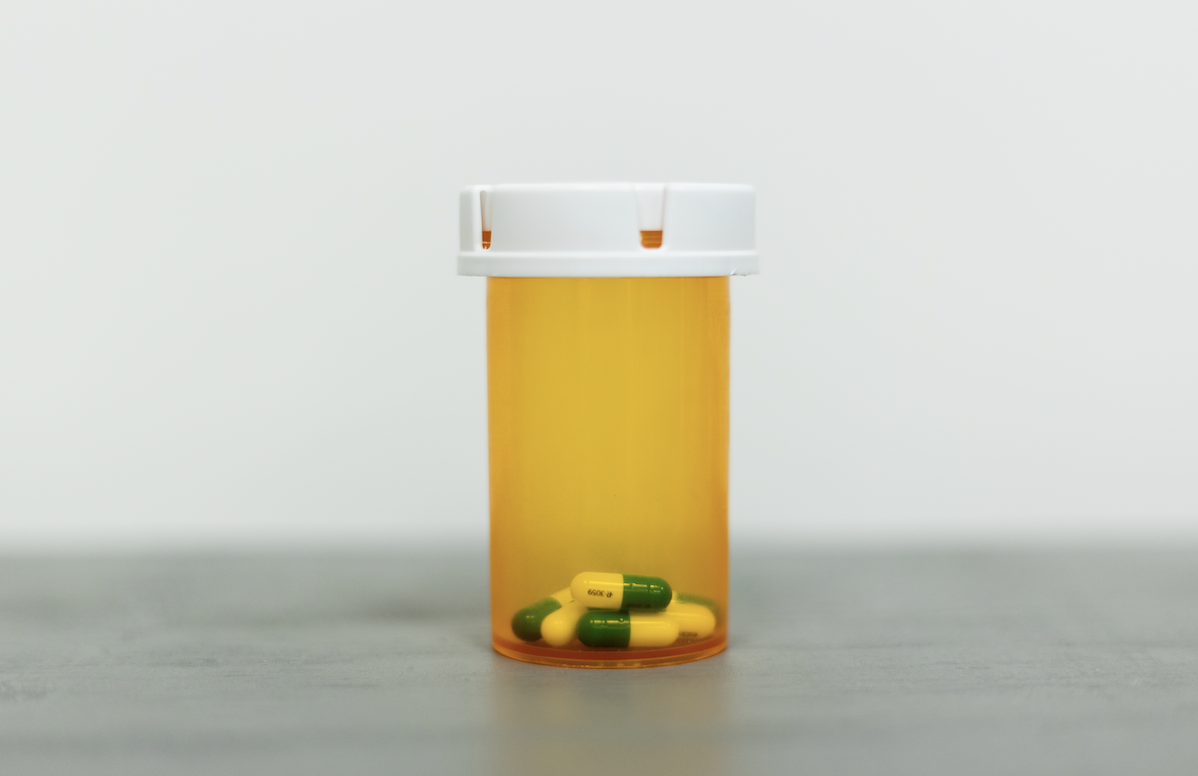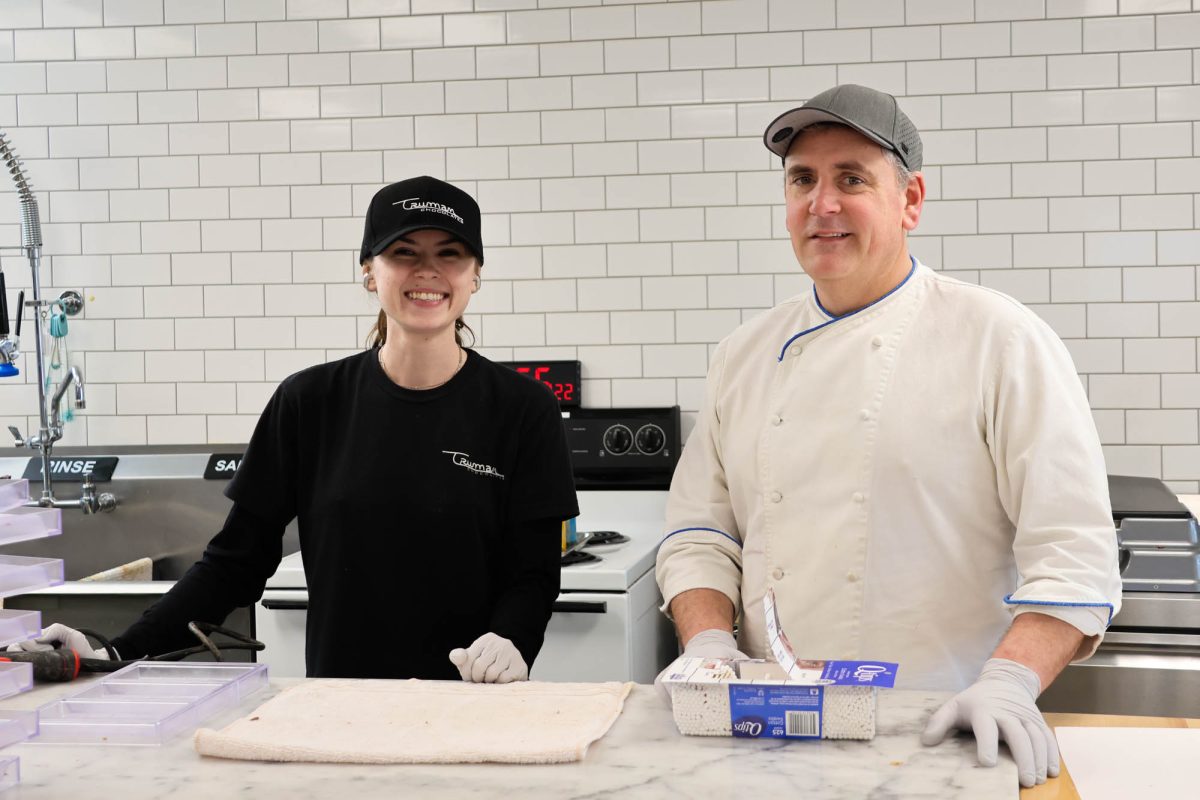College – where assignments pile up, study motivation slips away, and self-care is more likely to be a TikTok meme than reality – is where students turn to alcohol and drugs to cope with stress.
The pandemic has only increased problems with students choosing to self-medicate in unhealthy ways, said Carl Olivarez, a prevention education specialist at the Brazos Valley Council on Alcohol and Substance Abuse.
“I think what really happened here – whether they had these preexisting conditions such as anxiety, depression, maybe some suicidal ideation that goes along with depression – it increased because of the pandemic,” Olivarez said. “Because of the joblessness and homelessness, [the pandemic] caused much anxiety and hopelessness. That’s part [of what is] causing people to use substances illicitly because of the hopelessness. They give up or use it to self-medicate.”
Some students try to cope with stress by self-medicating, is the use of drugs not prescribed by a doctor to deal with depression or other mental illnesses. It can also mean drinking excessive amounts of alcohol, according to Houston Behavioral Healthcare Hospital.
Adderall abuse leads to approximately 1,500 emergency room visits a year; an average of 614,000 teenagers abuse the drug. In 2018, one million people were reported to be misusing prescription amphetamines and sedatives such as Adderall and Xanax, according to drugabusestatistics.org.
Texas A&M psychology professor Rachel Smith runs an addiction neuroscience laboratory that studies the neuroscience of drug addiction. Her research focuses on the effects of excessive use from a behavioral neuroscience perspective.
“In general, we are interested in the role of habits in drug addiction,” Smith said. “It’s so automatic; you don’t have control over these feelings and drug-seeking reactions. It’s been a theory for a while that hadn’t necessarily been extensively tested.”
Smith said the testing is designed to see if a behavior is automatic, more like a habit, and not necessarily connected to a goal.
“Then we are seeing whether that necessarily leads to behaviors that feature more like what we see with addiction,” Smith said.
The models used are similar to punishment resistance, such as introducing a mild foot shock to the test subject to stop self-administering the drug voluntarily.
“We use that as a model to try to get at one feature of addiction in humans,” Smith explained, “and that is even though you should be stopping, you keep going despite the negative consequences. And so we’re seeing what role habits have in that process.”
The A&M School of Public Health hosts an Opioid Task Force, which investigates the impacts of the opioid epidemic, said Marcia Ory, Ph.D., and chair of the task force.
“Opioid use is on every campus in America,” Ory said. “How prevalent it is here, we do know it’s more dangerous because there’s fentanyl now sort of washing through Texas.”
Some students may not be aware of the dangerous results of the use of opioids, Ory said. Through the Opioid Task Force Ambassador Program, students can learn about this issue and help fellow students stay safe.
“What we would like is for the ambassadors to be trained about opioid overdose education, know themselves how to administer naloxone through a six-step sort of action plan, and be available for two things,” Orly explained. “One, to go out and train others, and two, to be sort of ambassadors on campus about good mental health.”
Helping to advocate through the ambassador program is beneficial because it comes with education and advocacy opportunities for mental health, including naloxone training, Ory said. Her office has reached out to A&M students, school nurses and law enforcement officers who have received training through the program.
“We estimate that we have saved 200 lives through opioid overdose reversals,” Ory said.
Naloxone is a medication that can be administered to reverse opioid overdose. People who have rescue kits that include naloxone can help those suspected of overdosing on opioids, Ory said.
“There are certain things that are bad with self-medication, though, also good things for
self-medication,” Ory said. “Self-medication is taking into your responsibility actions that you think will lower your stress and improve your health.”
On-campus organizations such as Counseling and Psychological Services, or CAPS, can provide alternative solutions for students who may be tempted to cope using unhealthy self-medicating methods, said Mary Covey, director of CAPS.
“Having anxiety isn’t a bad thing,” Covey said. “I think COVID-19 has really impacted people’s ability to deal with difficult feelings.”
The ongoing pandemic has disrupted the normal day-to-day activities in people’s lives, which has led to excessive use of drugs and alcohol for coping mechanisms, Covey explained.
In addition to individual counseling, group sessions, workshops, career counseling, learning disability and ADHD screening, and alcohol and other drug services, CAPS offers programs like Safe Spring Break and Self-Management And Recovery Training or SMART Training. The SMART program works with students who use substances excessively, said Sarah Beth Heiar, CAPS health promotion coordinator.
“We also have recovery services, and those are for students who are looking to either reduce or eliminate their substance use,” Heiar said.
These activities and services are helpful to provide a community for students who need extra support, Heiar explained.
“We have weekly SMART [Recovery] meetings that those students can go to, and we celebrate national recovery month every September,” Heiar said.
For more information on SMART Recovery, meetings visit studentlife.tamu.edu/hp/recovery. For other CAPS programs, visit caps.tamu.edu/services.
The highs and lows
April 3, 2022
Photo by Courtesy of Hayden Carroll
Adderall and Xanax are the most commonly misused prescription drugs according to drugabusestatistics.org.
0
Donate to The Battalion
$1865
$5000
Contributed
Our Goal
Your donation will support the student journalists of Texas A&M University - College Station. Your contribution will allow us to purchase equipment and cover our annual website hosting costs, in addition to paying freelance staffers for their work, travel costs for coverage and more!
More to Discover










